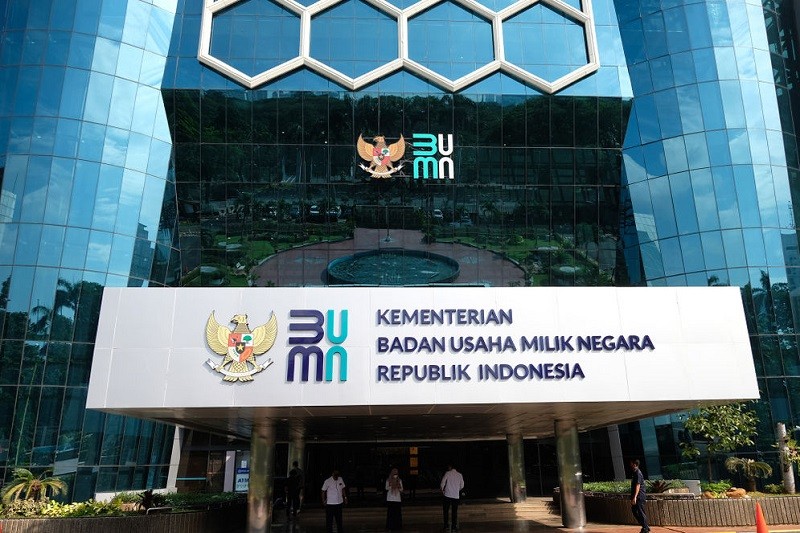The Indonesian House of Representatives (DPR) officially passed the third amendment to Law No. 19 of 2003 concerning State-Owned Enterprises (BUMN) into law during the 12th plenary session of the second legislative period in 2025. The newly approved law introduces several significant changes aimed at improving the governance of state-owned companies in Indonesia (4/2/2025).
One of the most important reforms is the creation of the Badan Pengelola Investasi Daya Anagata Nusantara (BPI Danantara). This new body will play a key role in optimizing the governance of BUMNs and ensuring that these entities contribute to the growth of Indonesia's national economy. The law envisions BPI Danantara as a means to manage and oversee investments made by state-owned enterprises.
Additionally, the law includes a revision of the definition of BUMNs to ensure these companies can perform their functions in accordance with both national and international standards. This change will allow BUMNs to operate more effectively and in line with the latest business practices, helping them meet their goals more efficiently.
The separation of regulatory and operational functions within BUMNs is another crucial change introduced by the new law. By creating distinct roles for regulators and operators, the law seeks to improve professionalism, transparency, and accountability in the management of state-owned enterprises. This move aims to eliminate potential conflicts of interest and ensure better governance.
The law also introduces the business judgment rule, which will provide guidance for corporate decision-making within BUMNs. This rule is designed to protect the decision-making processes of BUMN boards while ensuring that actions are taken in the best interest of the company and its stakeholders.
In terms of asset management, the new regulations emphasize transparency and accountability. The law mandates that BUMNs manage their assets in a manner that adheres to sound corporate governance principles, ensuring that resources are used effectively to maximize benefits for the company and the country.
Another important provision is the focus on human resources, with an emphasis on inclusivity. BUMNs will now be required to create opportunities for people with disabilities, as well as local communities, to participate in the workforce. Additionally, the law ensures that women have the opportunity to hold leadership positions within BUMNs, including directorial roles and membership on boards of commissioners.
The new law also provides clear guidelines for the formation of subsidiaries within BUMNs. This includes the criteria and mechanisms for establishing these entities to ensure they contribute to the growth and performance of the parent BUMN, as well as the broader economy.
Regarding privatization, the law outlines a structured approach for determining which BUMNs are eligible for privatization and establishes a transparent mechanism to carry out this process. The goal is to ensure that privatization leads to enhanced efficiency, better performance, and greater benefits for the state and the public.
The law also introduces regulations to strengthen internal supervision within BUMNs. This includes the establishment of internal audit units, audit committees, and other supervisory bodies to oversee corporate operations and ensure compliance with all applicable laws and regulations.
Lastly, the law emphasizes the importance of social responsibility. BUMNs will be required to engage in programs that support the empowerment and development of small and medium enterprises (SMEs) and cooperatives across Indonesia. The law encourages BUMNs to focus on areas surrounding their operations, thereby ensuring that their presence contributes to local communities and the overall economic growth of Indonesia.
These reforms, encapsulated in the new Law on State-Owned Enterprises, aim to strengthen the role of BUMNs in Indonesia’s economy, ensuring they operate transparently, efficiently, and in a manner that benefits both the companies themselves and the broader public.
SOURCE: KOMPAS | PHOTO: INEWS
This article was created with AI assistance.
Read More






 Friday, 27-02-26
Friday, 27-02-26







